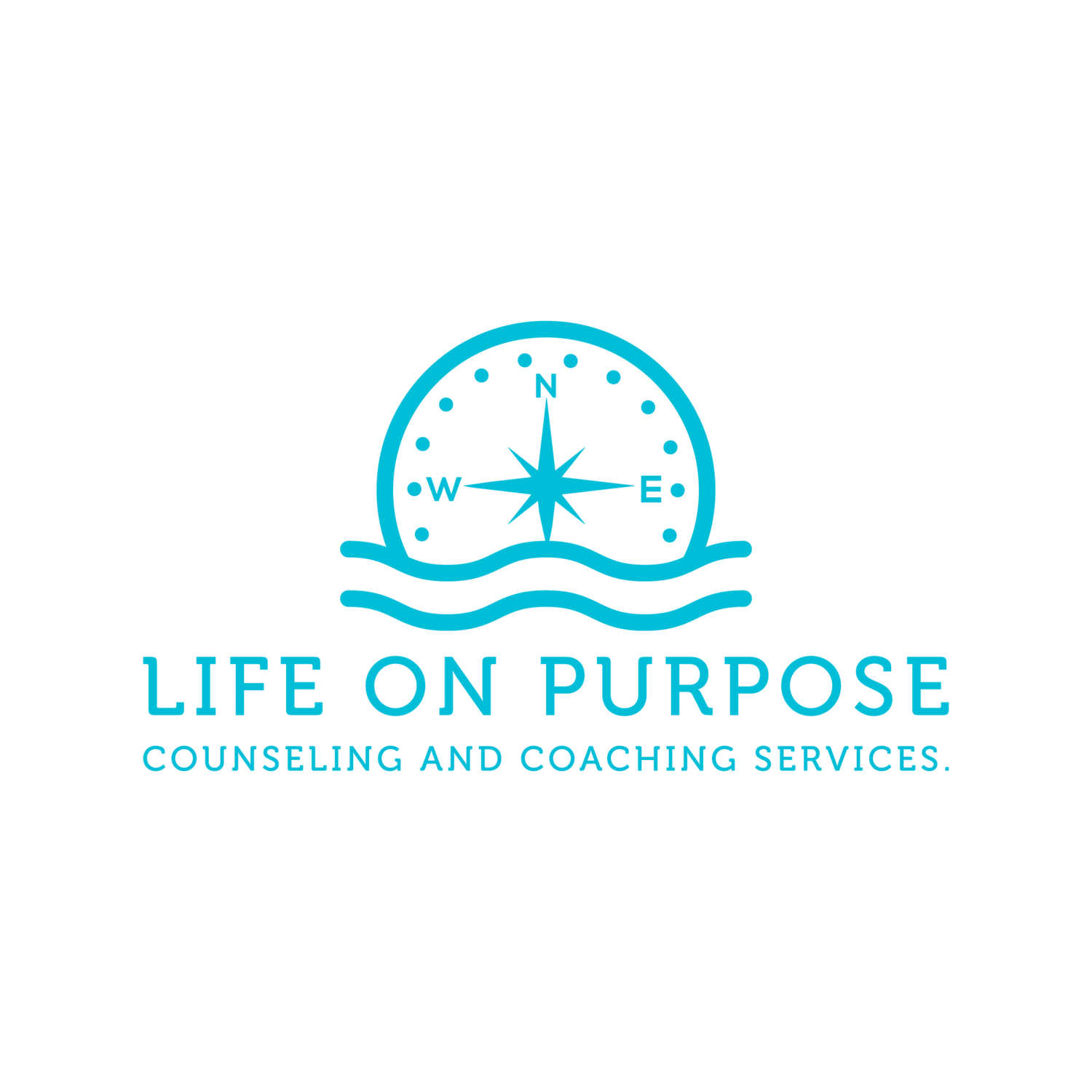3 Tips for Getting Unstuck
“Stuck” is an awful way to feel. Being stuck leads to a sense of being frozen in place. You know change needs to happen but you’re unsure of where to start, what steps to take, or whether change can even happen. The feeling of being stuck signals helplessness (real or imagined). Anxiety and/or fear often plays a role in being stuck.
There are many ways you might have begun to feel stuck. Whatever the reason, here are 3 tips for getting yourself un-stuck and moving forward.
TIP # 1: Move! Walking is literally a physical act of moving forward. I always encourage walking if the person is physically able, but any kind of movement will do. There’s plenty of research that highlights the many benefits of walking, including more creative and out-of-the-box thinking, releasing feel-good chemicals, and improved sleep.
TIP # 2: Start small… like a lot smaller than you think you should. If you’re consistently not reaching your goal, you may need to back up a little and start smaller while you build a new habit. If your goal is to write a book, you could start by writing 5 lines a day or set a timer to write for 10 minutes a day. You build up to a book and tweak your work over time. It’s not about giving up or not going for the BIG goal(s) but making commitments and sticking to them is like building a muscle. You build the muscle by setting and accomplishing goals. When you consistently show up for yourself and achieve your goals, your commitment-muscle grows (and so does confidence in yourself) which pushes you further forward to accomplishing your dreams.
TIP # 3: Get support. Wherever you can, get support from trusted people in your life! Got a best friend? Talk to them about how you feel. Interested in therapy? This is a great place to start. Just talking to someone about how you feel might make you feel better! At the least, it should release some tension and help with getting un-stuck.
A therapist can help develop insight into patterns that may be helping or hurting you and give feedback on how to break out of those unhelpful cycles. A good therapist will help you set goals for yourself while validating your emotions and will be your biggest cheerleader along the way. A counselor can also help with accountability and problem-solving without you having to worry about their vested interests.
Friends and family members may have some great ideas on how to help. With that being said – not all advice will be helpful or applicable to you. At the least, you can express to loved ones that you’re having a hard time so they know to lean in and support you a bit more while you’re struggling.

